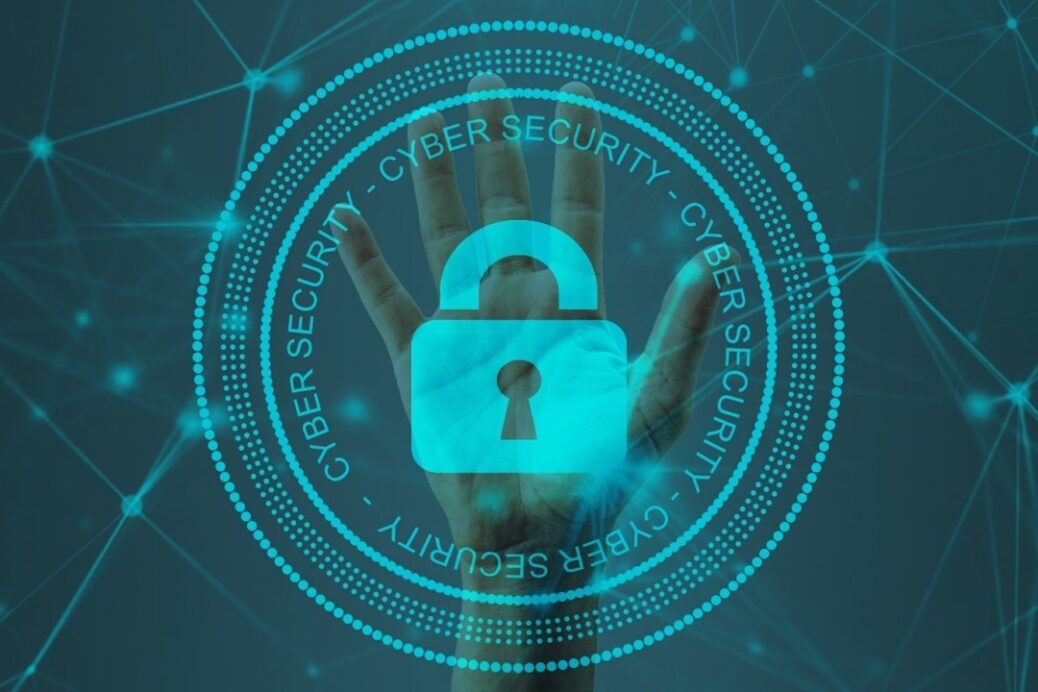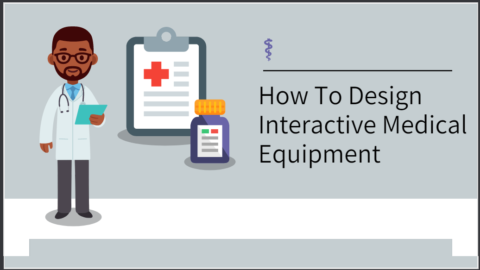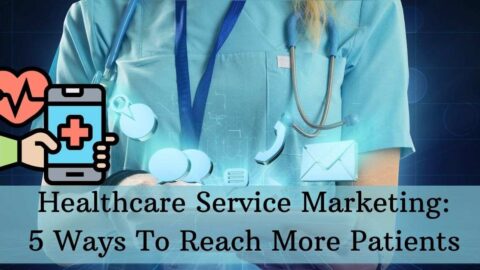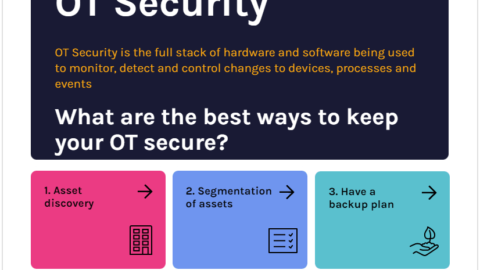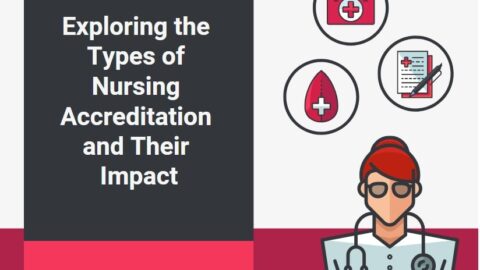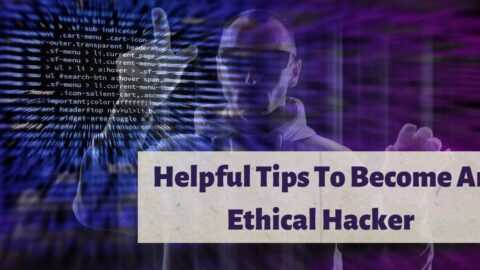Future-Proofing Healthcare Communication in the Cybersecurity Age
Today’s technology may have amazed many with how simple things like office management have become quick fixes, even by remote access. It’s particularly true in healthcare, where prompt services are needed and crucial for patient care.
Table of Contents
However, these advancements also came with the many threats the web has, like hackers and fraudsters. There’s that great risk of unauthorized access to patient data and the overall medical practice management. That’s why future-proofing your healthcare communication is quite a necessity in this cybersecurity age.
Some Ways to Future-Proof Your Communications
Adopting Next-Generation Technology
Embracing next-gen tech in medical practice means using encrypted message platforms, securing your emails, and having sector-compliant tools like Updox HIPAA fax software. These measures will help you make sure your patient data stays confidential, intact, and secure from cyber threats.
Healthcare providers like you will then feel confident sending and receiving faxes and streamlining communication, complying with HIPAA regulations in spite of technology’s risks.
It’s about leveraging cutting-edge solutions while at the same time protecting sensitive information and enhancing patient care in today’s digital age.
Implementing Multi-Factor Authentication(MFA)
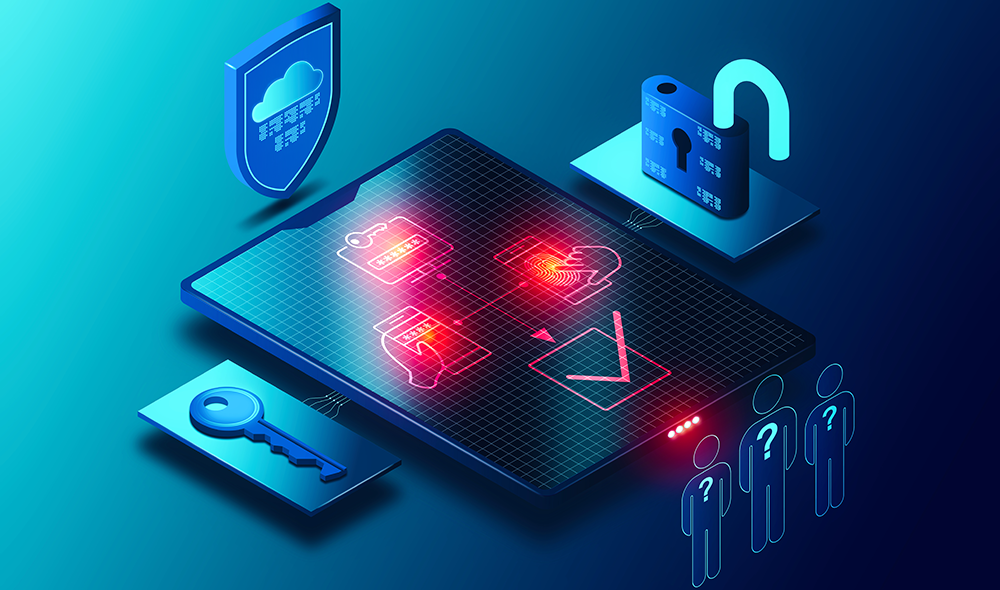
One way to protect your practice from cybersecurity threats is multi-factor authentication (MFA) every time you access your systems. It will make your techy solutions safer, especially as you access every electronic health record (EHR) and other sensitive patient data.
For instance, after you enter your password, you need to verify your or your staff’s identity via a code sent to your phone. It’s an extra step to prevent unauthorized access, even if your password is already compromised.
MFA makes sure that only you and your authorized personnel can access patient records, enhancing the overall security of your healthcare setting. It’s just like adding a second lock to your door to keep your sensitive information safe from intruders.
Regular Security Audits and Updates
Hey, it’s not only the finance world that has audits. The healthcare sector does, too. These regular cyber security audits and updates are quite needed to keep your systems secure, especially in your practice. It’s just like how you periodically check your locks and alarms at home. You always want to make sure they work.
You also do these lock-checks in healthcare with auditing systems that help identify weak spots that hackers could exploit if not addressed timely. Your audit may reveal the need to update your software promptly, like installing security patches. They’re your trusty means to strengthen your systems’ defenses against cyber attacks.
It’s actually like fixing a leaky roof before a storm hits, ensuring your data stays safe and protected from potential risks or breaches.
Data Encryption
In healthcare practice, adapting data encryption will help safeguard patient information from prying eyes. It’s like placing sensitive documents and information in a locked safe. So, even if someone attempts to steal the safe, they can’t access the contents without the key or other means to break the sturdy lock.
Similarly, encryption scrambles data into unreadable codes to make sure that it stays secure during transmission and storage. It works like sending a secret message in codes that only you and your recipient can understand, keeping your patients’ data safe from unauthorized access.
Collaboration with Cybersecurity Experts
It’s an evolving trend that if you’re not watchful, you’ll be hit. That’s why you need to work with cybersecurity experts and consultants to stay updated on emerging threats, not just the trends.
These experts can help you stay updated, keep up, and implement proactive measures to help competently mitigate your systems’ cyber risks.
Incident Response Planning
You don’t want to be hacked first before you get on with your preventive measures. So, it’s best to develop a comprehensive incident response plan to quickly address and contain security breaches, should they happen.
It’s to avoid or minimize the impact of these issues on patient care and your organization’s reputation.
Employee Training and Awareness Programs

Protecting your systems and organization as a whole is also a skill that your staff needs to master. It’s to your advantage if you provide more comprehensive training to your healthcare staff on cybersecurity best practices.
These training and new skills development will include how to promptly recognize phishing attempts, password hygiene, and data encryption techniques. It will also make sure that your organization is prepared to take on technology’s advancement and future-proof against the potential threats it may entail.

Adhar Dhaval is experienced portfolio, program and project leader with demonstrated leadership in all phases of sales and service delivery of diverse technology solutions. He is a speaker sharing advice and industry perspective on emerging best practices in project leadership, program management, leadership and strategy. He is working for the Chair Leadership Co.

